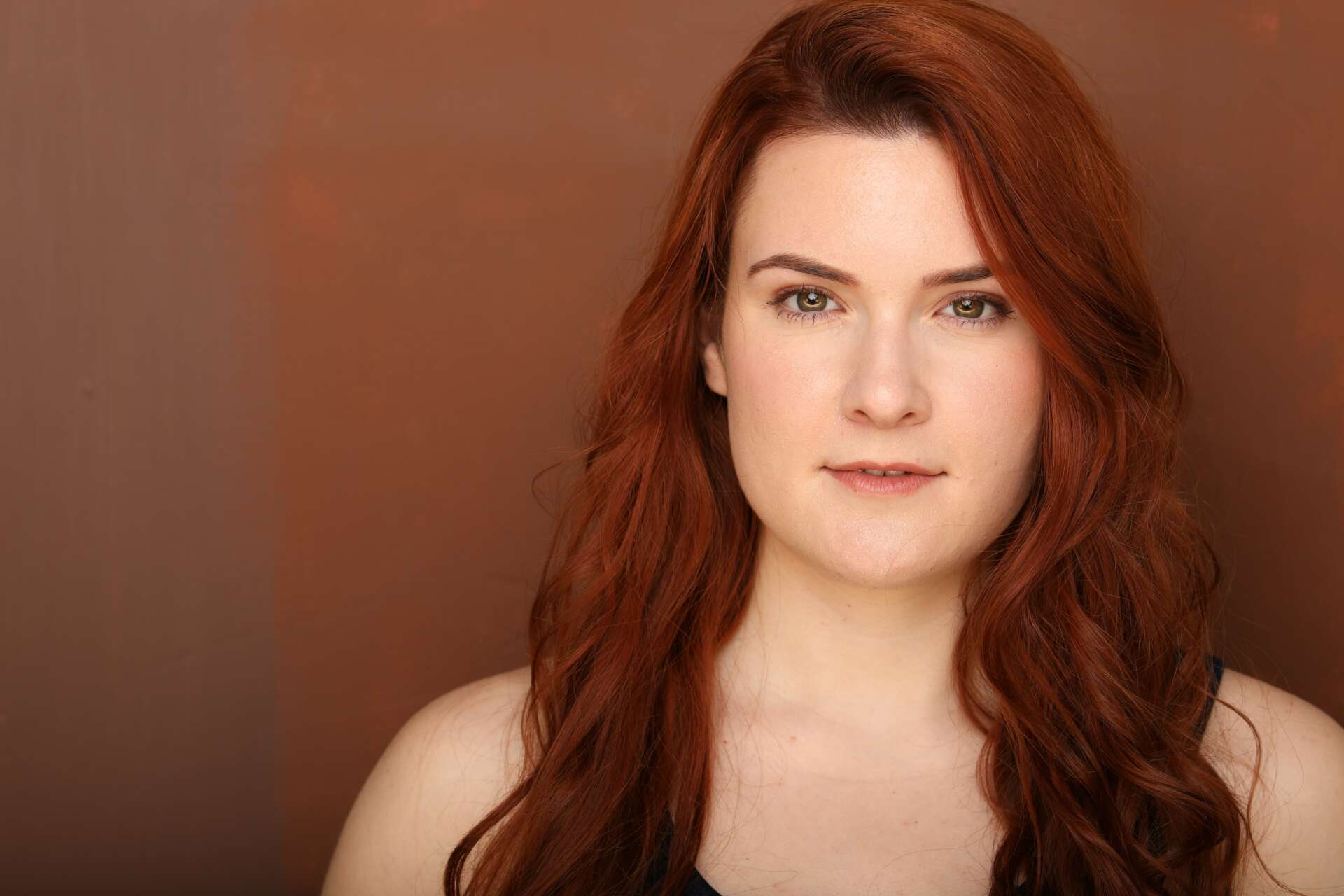We were lucky to catch up with Kaitlyn Diehl recently and have shared our conversation below.
Alright, Kaitlyn thanks for taking the time to share your stories and insights with us today. Did you always know you wanted to pursue a creative or artistic career? When did you first know?
I knew I wanted to pursue an artistic path professionally when I was just 8 years old. I remember watching TV with my mom, and suddenly it occurred to me that the people on the screen were real. How did they get there? “They’re actors,” my mom told me. “They get to play the characters on a set in LA, and it ends up on TV in our living rooms.” I was mesmerized. “I want to be an actor,” I proclaimed.
Even before this declaration, there were clues sprinkled all throughout my childhood; most of my days were spent building elaborate plotlines and acting them out with my Barbie dolls or coercing my friends into writing songs to perform “onstage” (aka my back deck) for the neighbors. I remember watching a local production of “The Music Man” and being insanely jealous of the little girl playing Amaryllis. How did she get to be on that stage? Was it already too late for me?
As I grew older, I found that “actor” was not the answer most adults wanted to hear when they asked, “What do you want to be when you grow up?” Other kids, even, didn’t seem to feel the same impulse to perform. They started to trade out their imaginations in middle school while I was awkwardly clinging onto mine. I’d gush about crushes with my fellow 8th-graders, and then go home to play dolls. The dissonance was jarring, but I didn’t know how to translate my need to jump into stories and imagination with my newfound adolescence.
It took many years for me to re-learn what I had known all along: it was okay to want to be a performer. It was okay to acknowledge my artistic impulses. It was okay to chase this thing I’d secretly dreamed about for years, even if it seemed corny or unrealistic to others. The desire to perform would always be an undercurrent etched into my DNA, whether I ignored it or confronted it. It was time to confront it.
At 18, I took my first acting class. It felt like waking up from a long sleep. I also learned from my professor that I was instinctively good at this “thing” I’d kept hidden for so long! That was the push I needed to jump in headfirst.

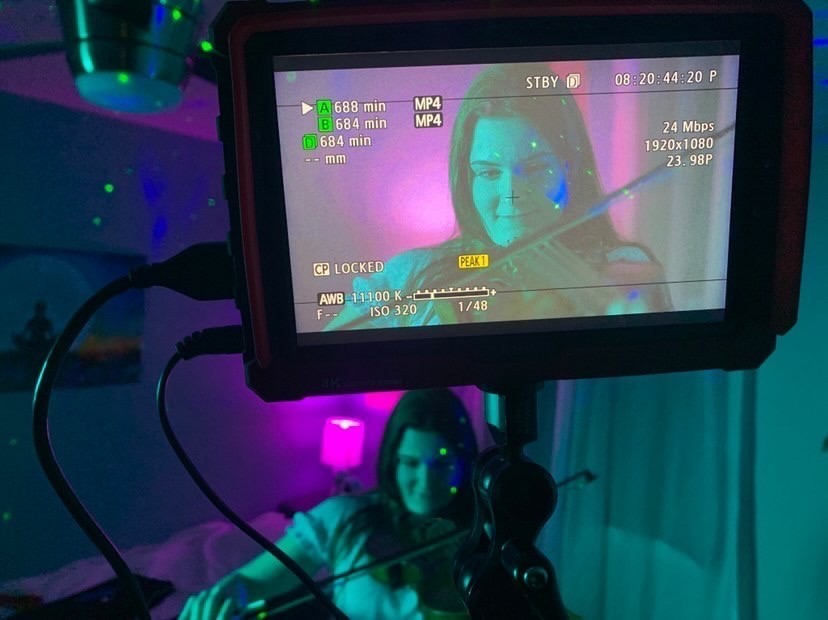
Kaitlyn, before we move on to more of these sorts of questions, can you take some time to bring our readers up to speed on you and what you do?
In all that I do, I am led by emotion and imagination. Acting sits at the forefront of my creative pursuits, but I’ve built my life around chasing experiences and art forms that move me. Sometimes that looks like exploring stories through songwriting with my piano or guitar, and other times it looks like learning to speak Spanish and French by living abroad and immersing myself in a new culture. Perpetual curiosity pushes me to seek new ways to engage with the world.
As much as this is very 2009-Tumblr-girl of me, this quote by Sylvia Plath has been a core motivator ever since I came across it at 18 years old:
“I can never read all the books I want; I can never be all the people I want and live all the lives I want. I can never train myself in all the skills I want. And why do I want? I want to live and feel all the shades, tones, and variations of mental and physical experiences possible in my life. And I am horribly limited.”
While Sylvia felt depressed by the limitations of her corporal and time-bound existence, I find that creativity is one of the only ways to elevate mundane experiences. Books, movies, visual arts, language, and music all capture a snapshot of heightened reality that I’m constantly seeking in everyday life. Maybe I won’t ever get to live in Ireland or save a patient’s life on a surgery table, but through art, I can peak into these realities and let them move me. Acting, above all, satiates this need.
So what have I been up to acting-wise? In September I co-wrote, co-produced, and co-starred in a short film with my sister and fellow creative, Jackie Diehl, called, “Willow.” The story follows a conversation between two sisters as they grapple with the changing nature of their relationship. It’s been well-received thus far. In fact, Jackie and I got to see it play on the big screen at the Off Page Film Festival this month–our first “Official Selection” of the festival circuit!
One of my favorite roles, though, was that of leading lady Shula–a deadpan, monster-slaying, badass–in the horror/comedy series, “The Grounders.” The series follows the journey of four “misfits” working for a secret government agency as monster hunters. Essentially, “The Office” meets “Ghost Busters.”
“The Grounders” screened in Philadelphia and Los Angeles in the Spring and will hopefully start to pick up momentum again now that the WGA and SAG strikes have ended. This role was really special to me because of the life that the writer/director, Jacob Stargrove, infused into his characters. They’ve been his babies for the past 10+ years, and he’s made each of the four leads uniquely quirky, hysterical, and insane. I laughed harder working on that set than I had all year.

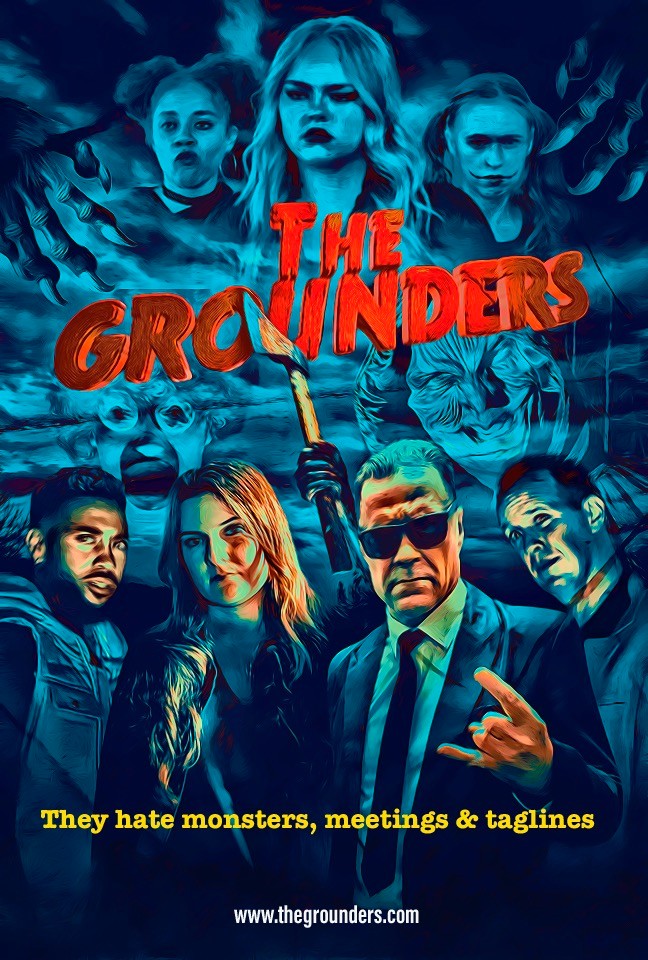
We often hear about learning lessons – but just as important is unlearning lessons. Have you ever had to unlearn a lesson?
Perfectionism is not useful to an artist. The need to please, to meet a real or perceived goal, only cuts off any creative intuition. It’s like yelling at your body and mind to behave instead of allowing a creative current to flow through you. I learned this principle from my vocal coach, IVA Voice. She noticed that any time we started to work through a trouble spot in my singing, I would tense up and jump at the chance to succeed and impress her. She explained that singing is a process that flows through you. It’s not about being right; it’s about exploring and communicating the song’s message. Artists should pursue vulnerability and openness, NOT perfectionism.
This lesson was revolutionary for me. It applied to all areas of my art. As an actor, my job is to communicate a story through emotions, but honest emotions don’t come as a result of sheer will; they come from allowing myself to experience the present moment. That’s really hard to do when you can’t stop thinking about how the director wants you to cry on cue or how you might look goofy at a certain camera angle. Emotional goals are only met by letting go. To let go, you have to stop thinking about your goals. Art is frickin’ hard.
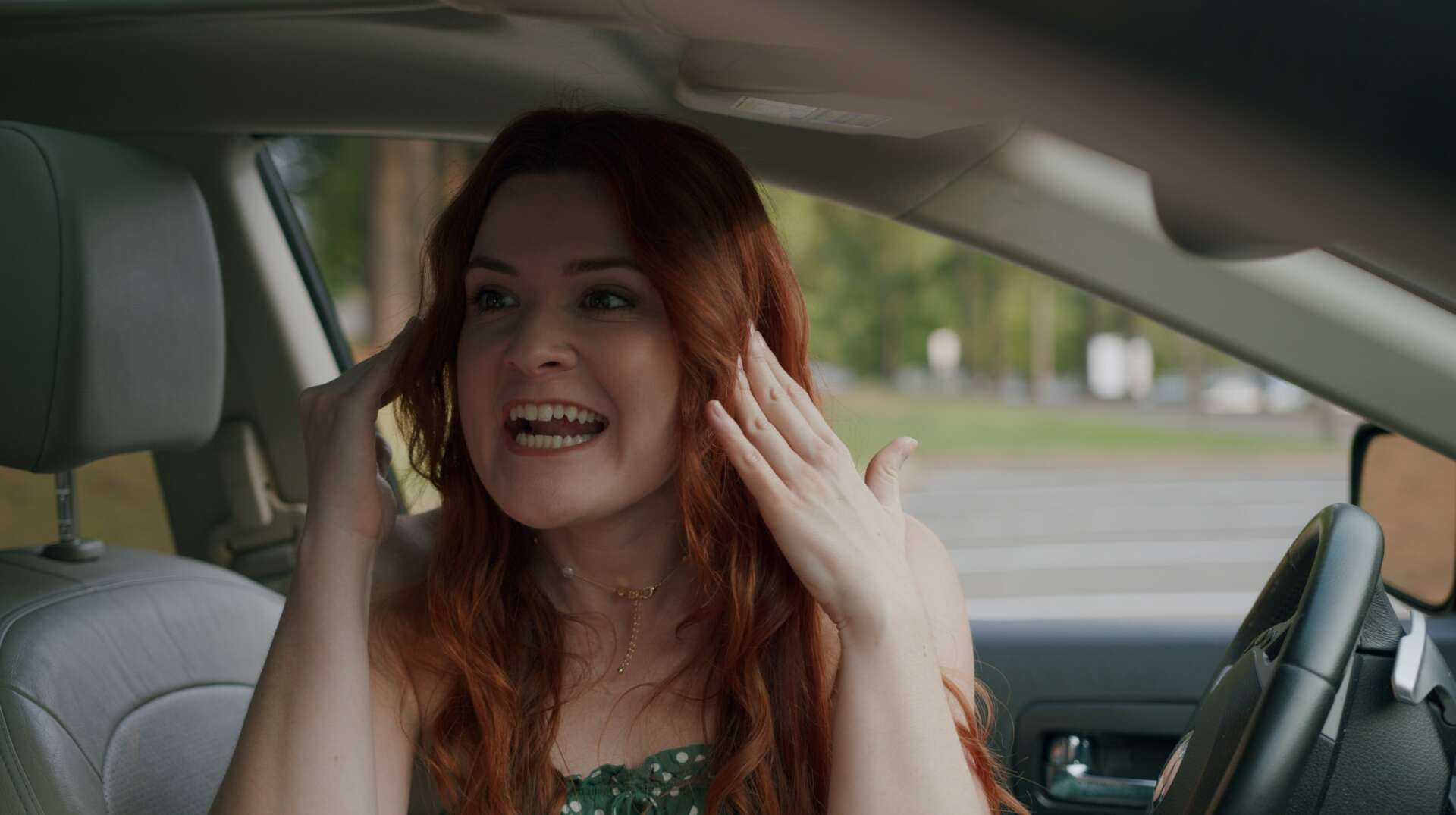
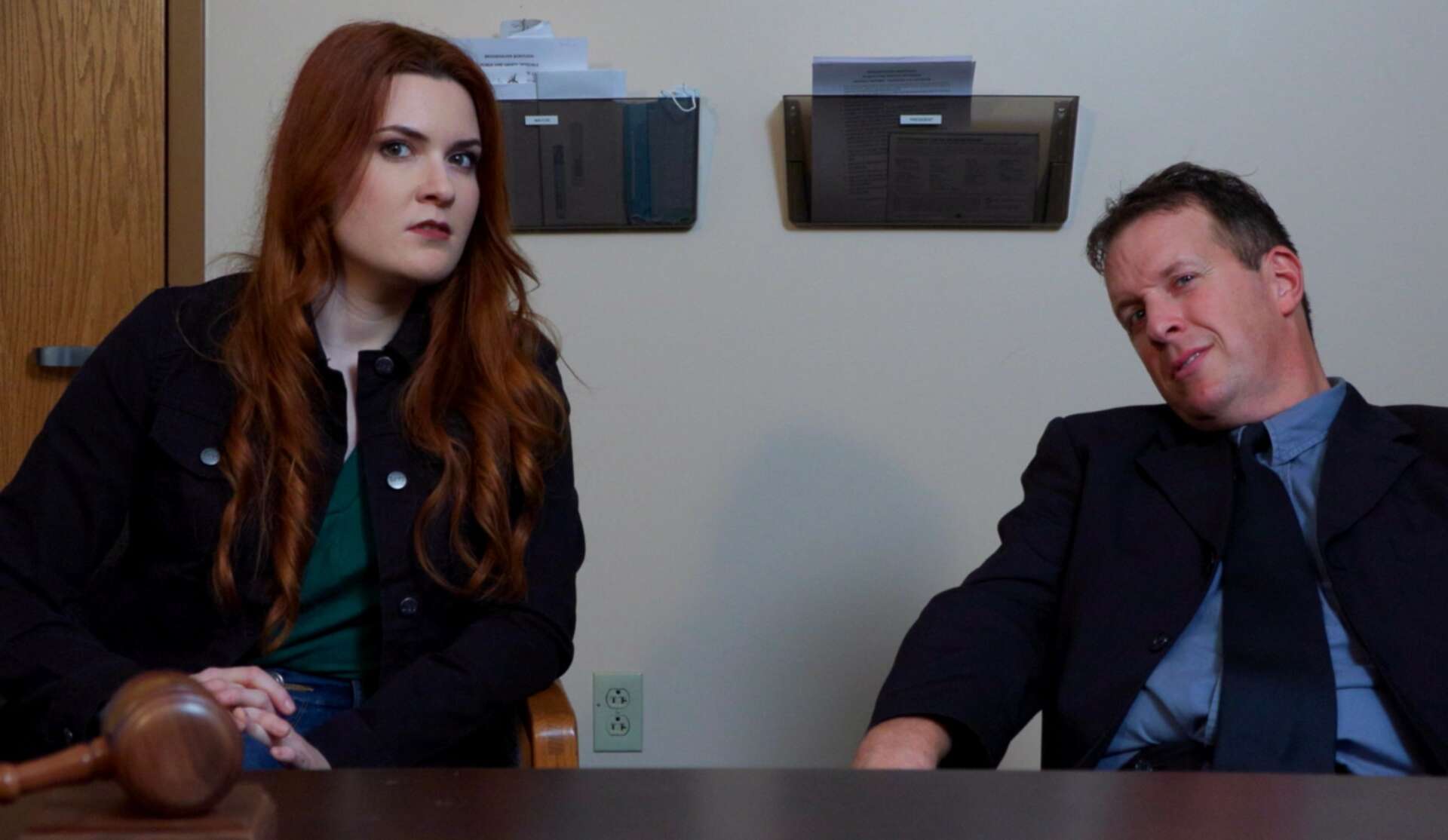
In your view, what can society to do to best support artists, creatives and a thriving creative ecosystem?
Believe your child when they tell you who they are. We are in touch with our core selves as children in such a raw, untainted way. Don’t be the one to squash your son’s dream of being a singer or your daughter’s desire to be a painter before it even has a chance to bloom. Sure, they’ll experience trials along the way, but it’s their cross to bear! It’s not your job to protect them from art. Besides, untapped dreams tend to leak out in unhealthy ways years later.
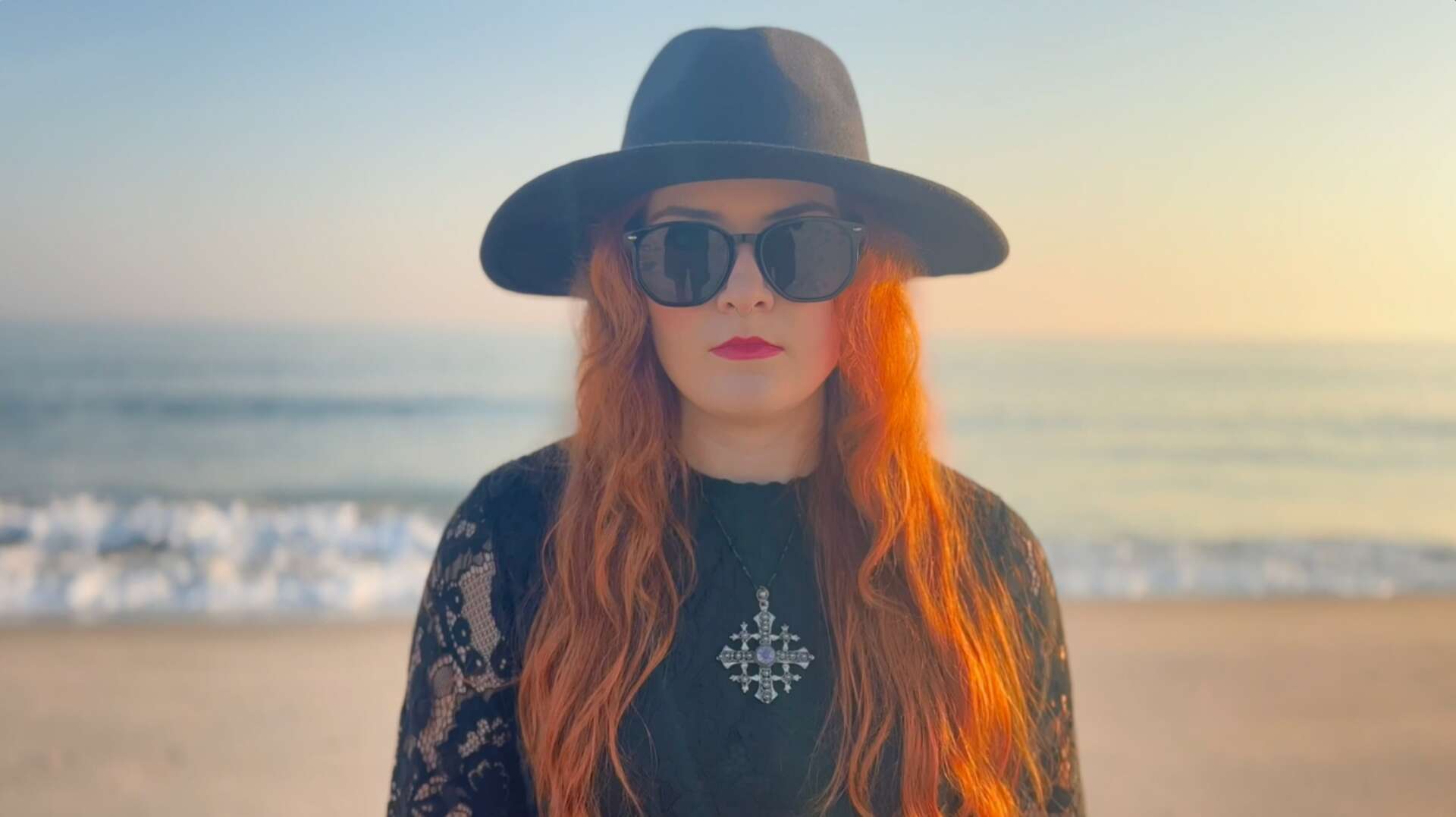
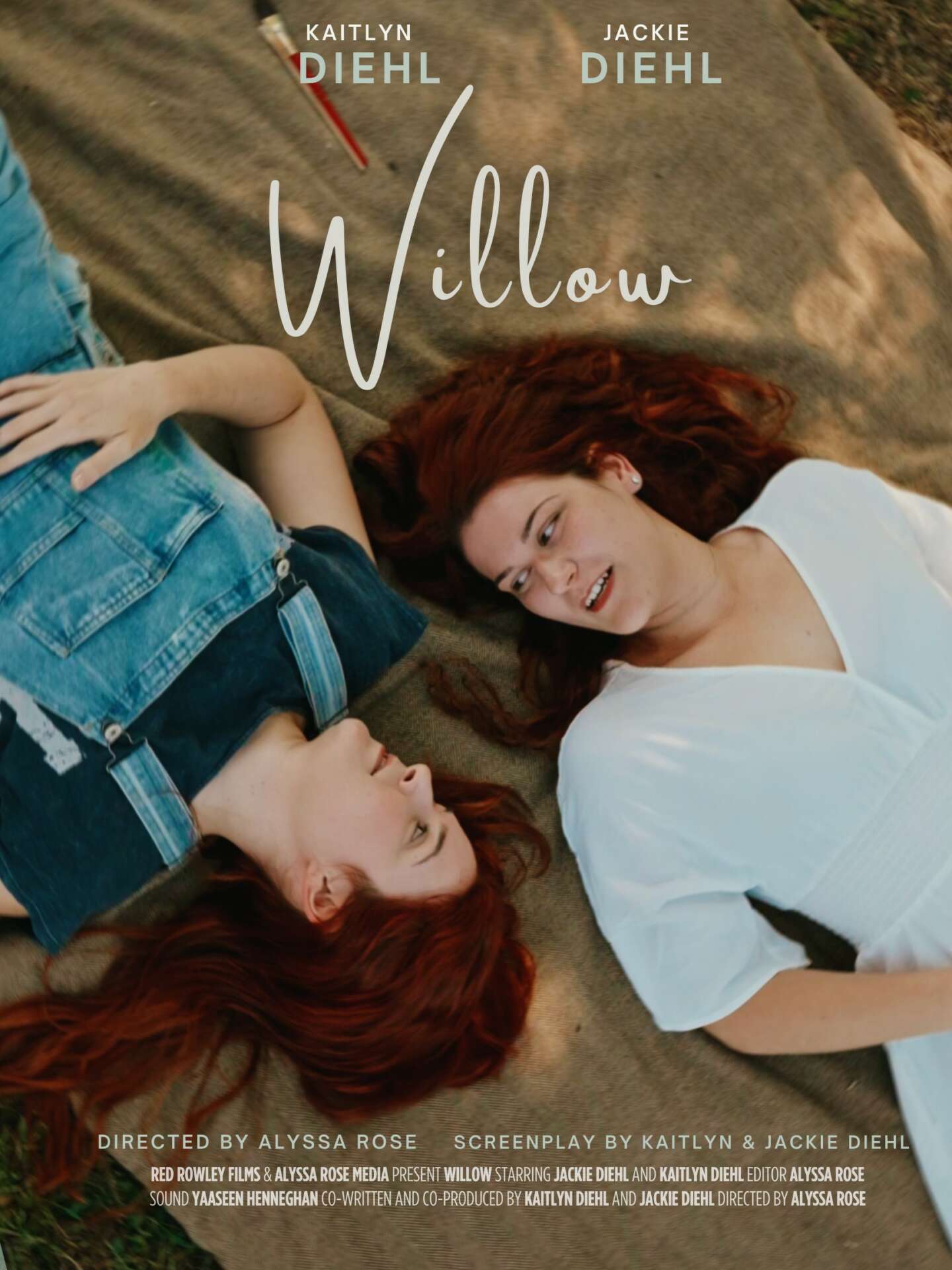
Contact Info:
- Website: kaitlyndiehl.com
- Instagram: @its_a_diehl
- Other: https://pro.imdb.com/name/nm11886801?s=90c5eb05-a714-3749-0531-5743e996da0d&site_preference=normal


